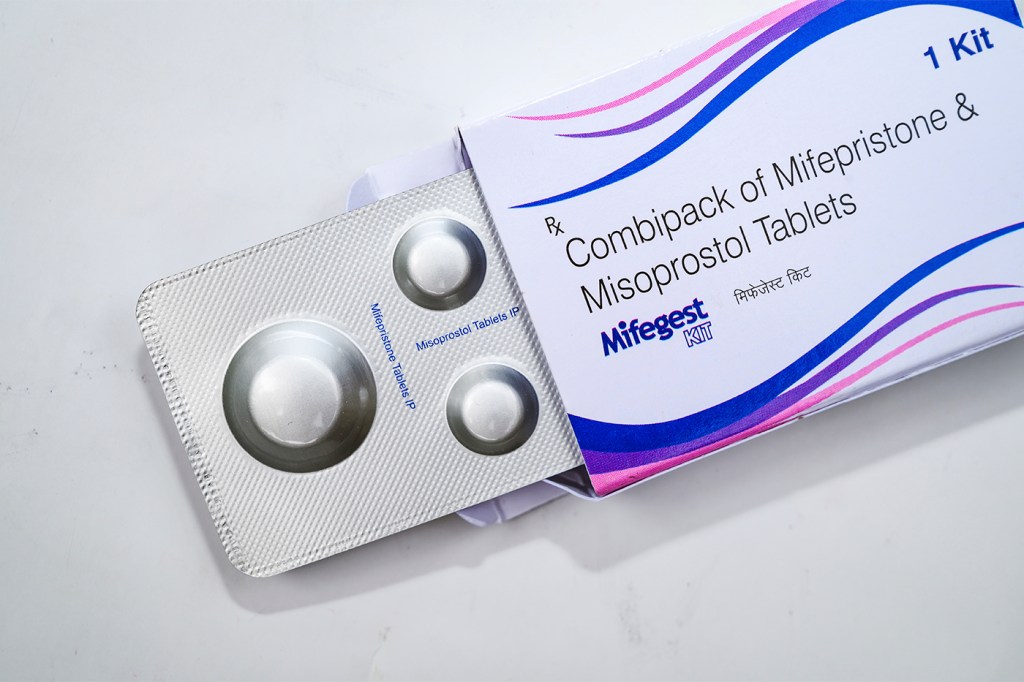The Supreme Court is taking up the abortion pill. Here’s one way the justices could rule on access

The Supreme Court has agreed to take up a case clarifying the availability of a widely used abortion pill after a series of rulings this year resulted in restricted access to the drug, though it remains on the market.
The high court announced Wednesday that it would hear a pair of lawsuits brought by doctors and medical groups opposed to abortion, whose challenge to the abortion drug, known as mifepristone, resulted in a court order invalidating the Food and Drug Administration’s approval of the drug — one that was eventually partially struck down on appeal.

Following an appeal from the Justice Department, the Supreme Court temporarily halted any changes to the drug’s availability, including yet another proposed change from a three-judge panel in the Fifth Circuit that rolled back the federal agency’s expanded approval of the drug in 2016.
The case would mark the first major abortion decision since the high court overturned Roe v. Wade last year.
While the court has yet to hear oral arguments, Dan Urman, director of the law and public policy minor at Northeastern, who teaches courses on the Supreme Court, says he sees the justices siding with the Biden administration and the drug companies, which asked the Supreme Court to intervene to preserve access until the dispute is resolved.
“At this point, it’s really up in the air,” Urman says. “I think the court will likely rule for the FDA and the drug companies because upholding such a severe limitation on the FDA’s approval process would throw so much of the FDA’s work into question — including all sorts of life-saving drugs.”
Consolidating the two lawsuits, the court denied a third cross-petition from the Alliance for Hippocratic Medicine. Urman says that indicates that the justices may be concerned with issues of standing (or who can bring the lawsuit), not the merits (the question of the FDA’s initial and subsequent approvals of mifepristone).
Urman continues: “They might find a way to limit standing of doctors to sue — in this case, doctors who were not treating patients were given the right to challenge the FDA approval of mifepristone. If they grant doctors standing, this means non-prescribing doctors could always try to invalidate the approval of drugs. That’s unlikely to be something the justices want to do.”
The high court’s initial pause on the lower court’s changes, coupled with its decision not to grant the plaintiffs’ petition, suggests a reluctance to completely eliminate the drug from the market, says Wendy Parmet, a professor at Northeastern University School of Law.
At the same time, Parmet says that because the Supreme Court took a narrower approach in reviewing the issue, it may be poised to rule against the government.
“I’m really not sure where they’re going to land on this one,” she says.
Parmet says the case is significant in that i has the potential to open the door to a wider assault on the FDA.
“This case is notable for its lack of deference,” she says. “There’s a broader challenge to the regulatory state, and to the ability of other agencies to protect health and safety.”
While the court considers the case, the medication will remain available to the public.
Tanner Stening is an assistant news editor at Northeastern Global News. Email him at t.stening@northeastern.edu. Follow him on X/Twitter @tstening90.






